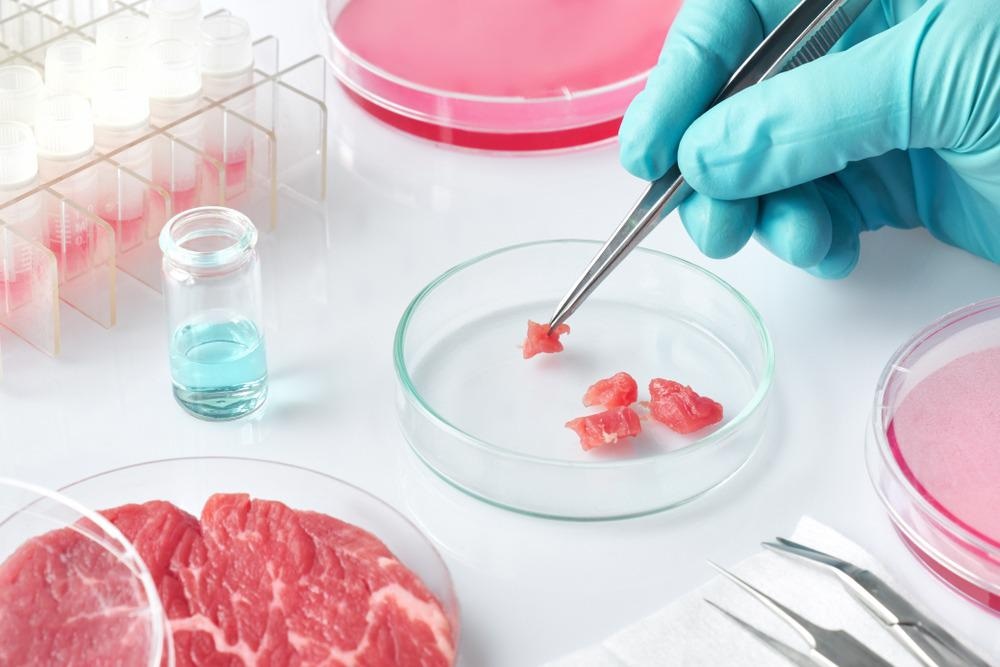Wednesday, November 20, 2024
Genetic Engineering in Lab-Grown Meat
Genetic engineering is playing a major role in making lab grown meat a reality, which could lead to a revolution in food production. Lab-grown meat, also known as cultured meat, involves creating animal cells in the lab instead of raising and slaughtering animals. Scientists use genetic editing tools to help these cells grow faster, form muscle tissue, and develop the right texture and taste we expect from real meat. By changing the genes of the cells, researchers can make the process more efficient and sustainable than traditional farming. For example, they can modify the cells to produce the right kind of fat and muscle so that the final product looks and tastes just like real meat, but without the environmental costs of raising livestock.
That said, there are a couple of big challenges. Production of cultured meat is fairly expensive at the moment. Even though genetic modification can speed up the process of cell replication, the technology and materials involved in it cost a great deal. Further work is needed to make the process of production inexpensive enough for the average consumer; thus, it may be quite a while before it becomes broadly available and affordable.
Then there's the question of regulation. As lab meat is genetically modified, it needs to be tested extensively to make sure it is safe for consumption. Regulatory agencies will have to ensure that such modifications do not lead to undesirable aftereffects, and a more relevant issue is how people will adapt to eating genetically engineered food. Many could feel uneasy about that, and it may take time before this engineered food item is accepted as a mainstream part of the diet.
This alternative meat source, however, is still hugely promising: it might reduce the environmental impact of traditional meat production, such as deforestation and use of water. Besides, it answers questions about animal welfare because no animals get harmed in the process. With further research and careful regulation, lab-grown meat could be an important element in how we feed the growing global population in a more sustainable and ethical way.
Subscribe to:
Post Comments (Atom)

This was interesting to read how genetic engineering is making lab-grown meat possible. When I heard about scientists making the first lab grown burger a few years ago and how it was done, it seemed out of this world. I also think it’s amazing that scientists can adjust the meat’s fat or texture to make it just like real meat. Even though it’s expensive now, I think more people will get on board as they see the environmental benefits.
ReplyDelete